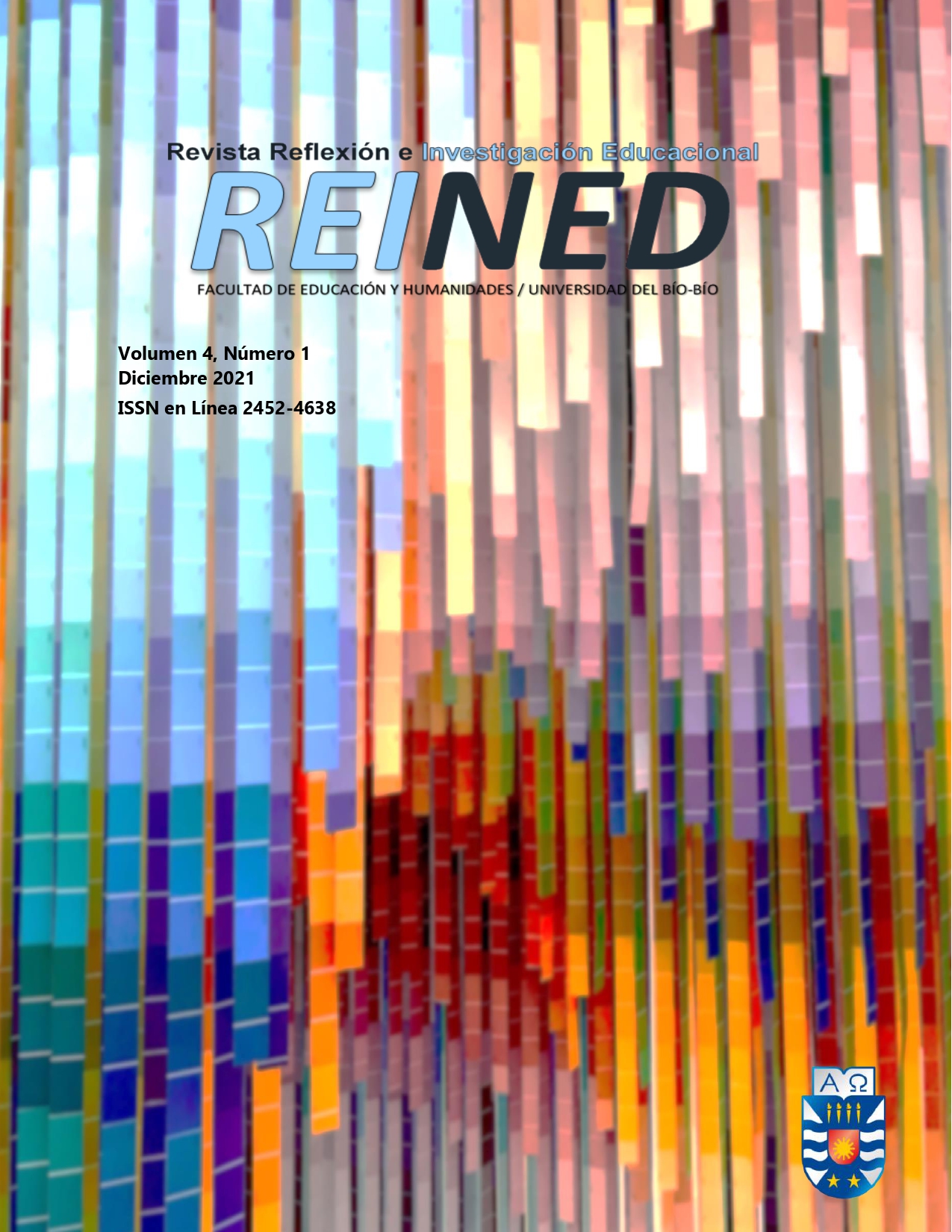Social imaginaries of higher education and new meanings of university students in the pandemic’ context
Main Article Content
Abstract
Higher education institutions have suffered various tensions in recent years, which have increased because of the challenges brought by the COVID-19 pandemic and its consequences on a social, economic, and educational level. These institutions had to quickly reinvent themselves to respond to the diversity of situations that affect them, particularly concerning students. The perceptions of this group are configured as the study object in this research, considering the importance of knowing their evaluations, fears, and expectations; to establish contingent institutional responses. Qualitative research was carried out, aimed at unveiling social imaginaries and new meanings regarding higher education. 14 students belonging to "Programa de Acceso a la Educación Superior" of the “Universidad Católica de la Santísima Concepción” were interviewed. Through the method of semantic structural analysis, it was revealed that young people consider higher education as something difficult to achieve, a privilege only for some, through which social status is gained, and for which the development of some required competencies could not be possible without support. The new meanings attributed by students highlight the importance given to the teacher-student relationship in the pandemic’ context.
Article Details
References
Baeza, M. A. (2000). Los caminos invisibles de la realidad social. Ensayo de sociología profunda sobre los imaginarios sociales. Concepción: Red Internacional del Libro.
Baeza, M. A. (2003). Imaginarios sociales. Apuntes para la discusión teórica y metodológica. Concepción: Sello Editorial Universidad de Concepción.
Baeza, M. A. (2008). Mundo real, mundo imaginario social: Teoría y práctica de sociología profunda. Santiago: RIL.
Canales, M. (2006). Metodologías de investigación social. Santiago: Lom Ediciones.
Castoriadis, C. (1975). La institución imaginaria de la sociedad. Buenos Aires: Tusquets Editores.
Cegarra, J. (2012). Fundamentos teórico epistemológicos de los imaginarios sociales. Cinta Moebio, 43, 1-13. https://doi.org/10.4067/S0717-554X2012000100001 DOI: https://doi.org/10.4067/S0717-554X2012000100001
Durand, G. (2000). Lo imaginario. Barcelona: Del Bronce.
Martínez, J. (2020). Salud mental en estudiantes chilenos durante confinamiento por Covid-19. Revista Educación las Américas, 10(2), 265-276. https://doi.org/10.35811/rea.v10i2.126 DOI: https://doi.org/10.35811/rea.v10i2.126
Martinic, S. (1992). Análisis estructural: Presentación de un método para el estudio de las lógicas culturales. Centro de Investigación y Desarrollo de la Educación. https://repositorio.uahurtado.cl/handle/11242/8291
Ministerio de Salud de Chile (2021). Reporte diario COVID-19 [en línea]. [Fecha de consulta: 08 de noviembre de 2021. Disponible en: https://www.minsal.cl/covid-19-90-de-la-poblacion-objetivo-mayor-de-18-anos-ha-completado-su-esquema-de-vacunacion/.
Miranda, G. (2016). Paradojas de la modernización del sistema universitario chileno. Polis, 15, Nº 45, 345-361. http://dx.doi.org/10.4067/S0718-65682016000300017 DOI: https://doi.org/10.4067/S0718-65682016000300017
Montesperelli, P. (2004). Sociología de la memoria. Buenos Aries: Nueva Visión.
Ruiz, J. (2012). Metodología de la investigación cualitativa. Bilbao: Universidad de Deusto.
Ponce, T., Bellei, C., & Vielma, C. (2020). Experiencias educativas en casa de niñas y niños durante la pandemia COVID-19. Recuperado de https://www.ciperchile.cl/wp-content/uploads/CIAE-EXP-EDU-final.pdf
Sáez, F., Olea, C., Mella, J., López, Y., García, H., Cobo, R., & Sepúlveda, F. (2020). Caracterización Psicosocial y Salud Mental en Familias de Escolares Chilenos durante el Aislamiento Físico por la Covid-19. Revista Internacional De Educación Para La Justicia Social, 9(3), 281-300. https://doi.org/10.15366/riejs2020.9.3.015 DOI: https://doi.org/10.15366/riejs2020.9.3.015
Vieytes, R. (2004). Metodología de la investigación en organizaciones, mercado y sociedad. Buenos Aires: Editorial de Las Ciencias.

